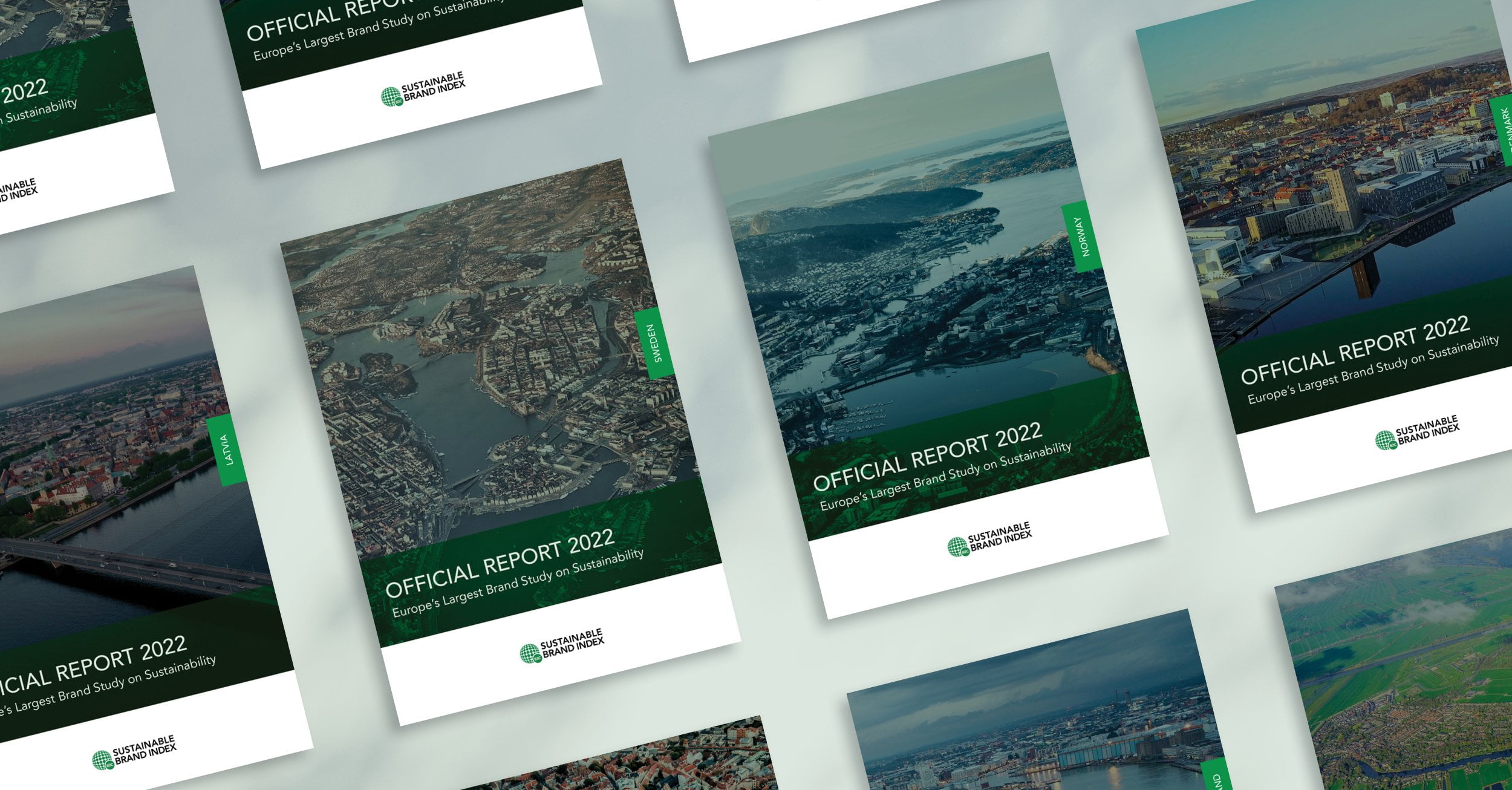Before we start it's worth nothing that consumer perception and reality are not always going to be the same thing at all. If they were then the entire greenwashing industry wouldn't exist.
With that little disclaimer out of the way, let's talk about the Sustainable Brand Index, which in their own words:
is Europe’s largest brand study on sustainability. The study measures the perception of stakeholders on a brand’s sustainability across industries and countries. With the help of more than 70 000 consumers across 8 countries, the study measures and analyses over 1 500 brands across 35 industries on sustainability.
Luckily for us the Baltic States are three of those eight countries and the recently published results for 2022 make some interesting reading.
These then, the index says, are the twenty most sustainable brand in each country according to the people who live there:
Estonia
- Coop
- Kalev
- Telia
- Elron
- Rimi
- Leibur
- Apotheka
- Põltsamaa Felix
- Farmi
- Tere
- Prisma
- Paulig
- Fazer
- Salvest
- Alexela
- Tallink
- Selver
- Valio
- Lux Express
- Tallinna Linnatransport
Latvia
- Rimi
- Elektrum
- Lāči
- Swedbank
- Circle K
- Limbažu piens
- Lidl
- Spilva
- Mēness aptieka
- Tet
- Apotheka
- Latvijas Maiznieks
- LMT
- Laima
- Tele2
- Neste
- Maxima
- Kārums
- Hanzas Maiznīcas
- Ādažu čipsi
Lithuania
- Lidl
- Sėklos (Žalia stotelė)
- Humana
- Camelia vaistinė
- Eurovaistinė
- Maxima
- Gintarinė vaistinė
- IKI
- Swedbank
- Omniva
- Biržų duona
- Vilkyškių pieninė
- Žemaitijos pienas
- Norfa
- Vilniaus duona
- Rimi
- Barbora.lt
- Pieno žvaigždės
- N (Norfos) vaistinė
- Tele2
What should we make of this
There are a few interesting things to notice about national psyches here. The people of Lithuania seem to love a pharmacy, and Estonians are much more interested in logistics, transport and travel companies.
As we wrote at the top, this list doesn't really mean anything much when it comes to how sustainable any company actually is, it's just about public perception which might or might not be anywhere close to the reality.
The Swedish-Latvian supermarket chain Rimi is the only company that appears on all three lists, so we decided to take a look at whether they at least are living up to the perception or not. They have a sustainability page on their website, which has some impressive claims, including:
- We reduced CO2 emissions by 83% versus 2006 and from 2021 we are Climate Neutral company
- 51% of Rimi Private Label product plastic packaging is easy to recycle
- In 2021 we have reduced food waste by 9% versus 2020
So they actually do seem to be doing pretty well.
Lidl, the German supermarket chain tops the list in Lithuania and makes the top ten in Latvia, but only opened their first stores in Estonia a month ago, so don't make it on to the list there They have invested €80million into expanding into the country though, so it will be interesting to see where they place next year.
You can find a lot more information and insight available about each country, as well as the methodology used to put it all together, in the full country reports which you can download from the Sustainable Brand Index website.
